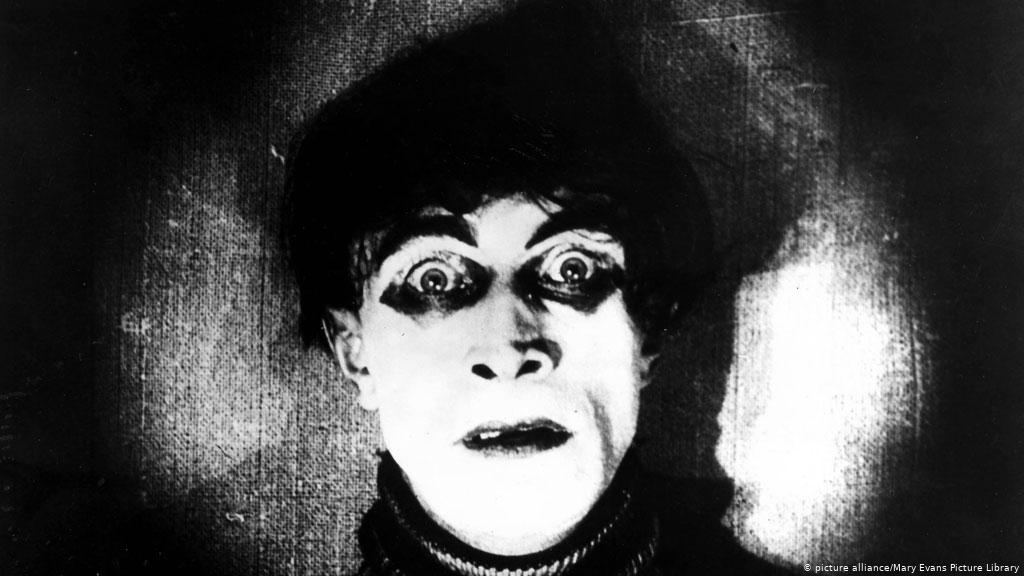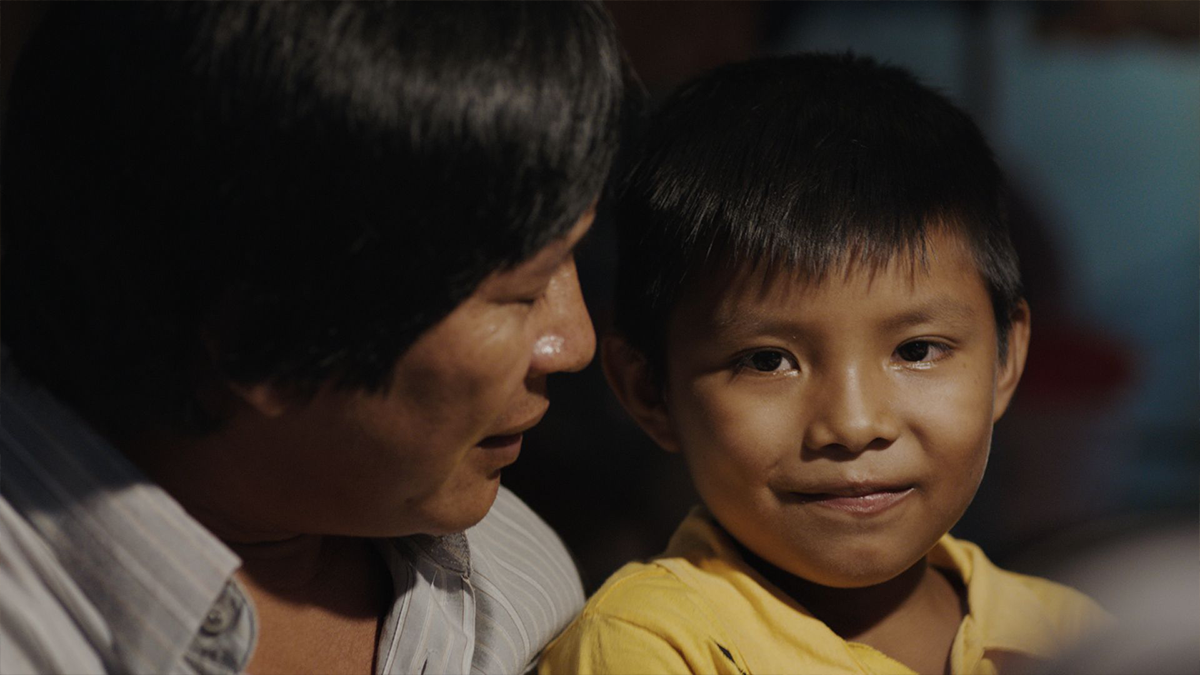
Our pick from Canada.
Mommy takes the popular Freudian conception of childhood to the very extreme, dealing with burdens that are hardly tolerable in mainstream cinema. The tensioned relationship between a disturbed teenager and his mother is daringly explored, usually capable of asking the right questions, especially when they aren’t desirable. Dolan´s stance on the coming-of-age genre, conceived from his own alleviation and revolt, may disturb the audience, but, despite its excesses, it always tries to say something different, if honest. It gives off the level of energy that is highly needed in modern cinema.
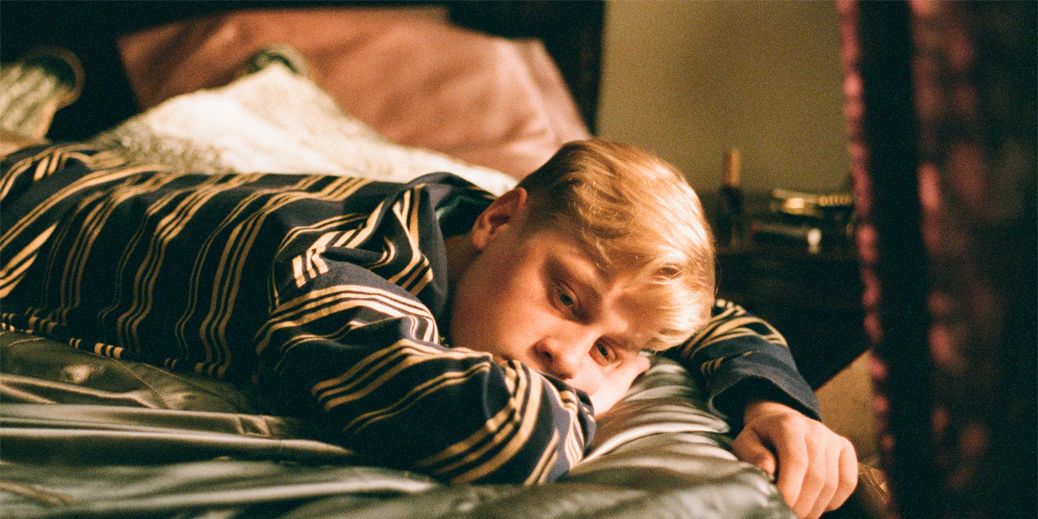
Mommy begins, as so many stories usually do, with the system´s breakdown. Our protagonist, Steve, is in very much trouble and sees no way out. An ultraconservative government comes out with a solution to “deal” with troubled kids: to recluse them in state ruled mental hospitals, which of course are not exactly a desirable place to live in. Steve, due to his ADHD and his violent actions, seems to be the perfect candidate for this unsettling policy. Before it´s too late, his mother, Die, decides to take him home and try to deter him from getting into trouble. Of course, Steve is far from not causing any problems. Die, very temperamental herself and facing different issues of her own, doesn’t know what to do with her. Like Die, many other could be facing this very own dilemma. But this is cinema, and some sort of solution —or even a Deux Ex Machina— must come along the way. In here, the solution is Kyra, young and gentle, who, mostly due to her altruist personality and boring routine, decides to help Dee and Steve. She tries to make a good man out of him if that is possible.
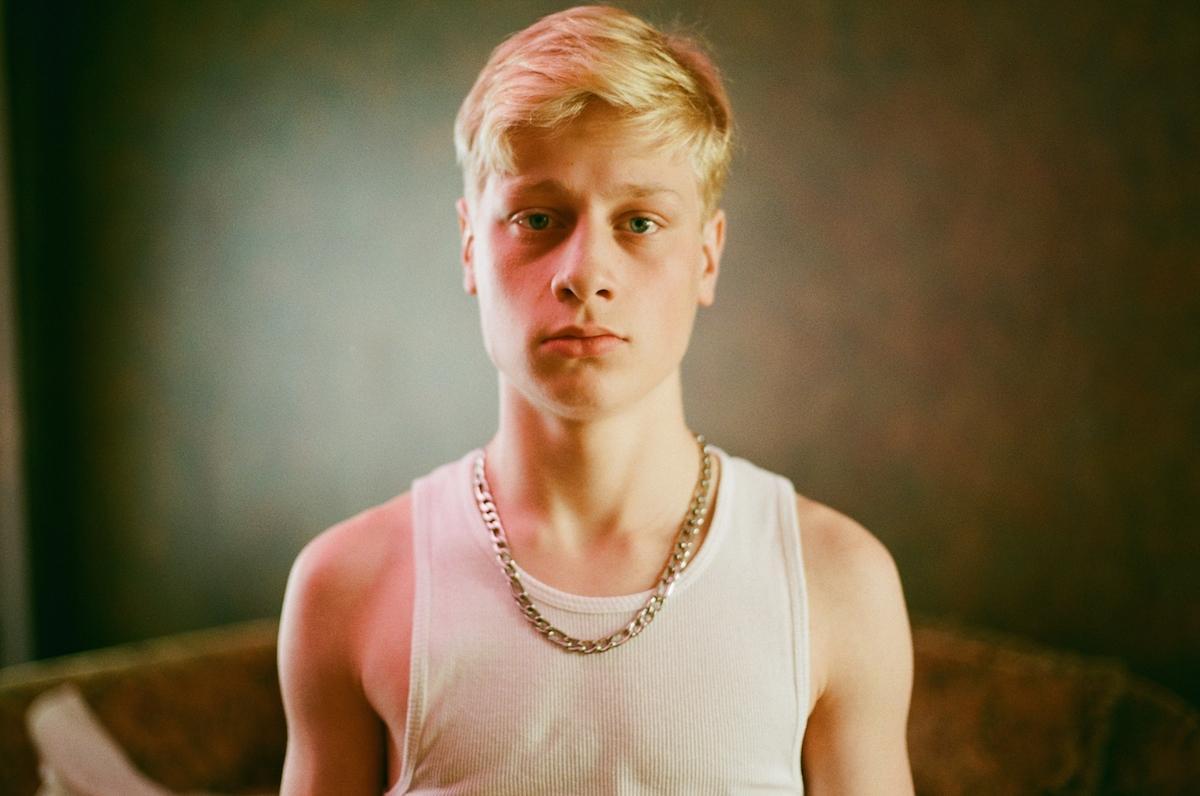
Mommy is half an honest experience on family disfunction and half and a very artificial approach to the subject. It feels honest thanks to Dolan´s choices: few cuts and a decent editing; excellent casting, a linear storyline and subject closely enough to our reality. But some scenes that deal with violence are too disruptive, a bit over the top, much closer to theater than cinema. Maybe Dolan needs to film this way to convince us of the extreme a teenager can go. Maybe he doesn’t want us to empathize much with Steve. Maybe he just wants to be scandalous, which it isn’t necessarily bad if the scandal is well filmed. Luckily, this seems to be the case.
Let´s talk about the aesthetic approach in this film. Why will Dolan film in an academic format, with a tight, even quadrangular image? Might be an aesthetic whim from Dolan (and not the only one). We can pick an intuitive answer and say that this ratio is a tool to make us closer to the protagonists: with a tight screen we can focus on the faces and the emotions; we can notice the growing confusion in Die, Steve´s confusion, the gentleness of Kyla´s factions in comparison to the others. Playing with what the faces can tell us may be a cheap gimmick, but it is still very effective.
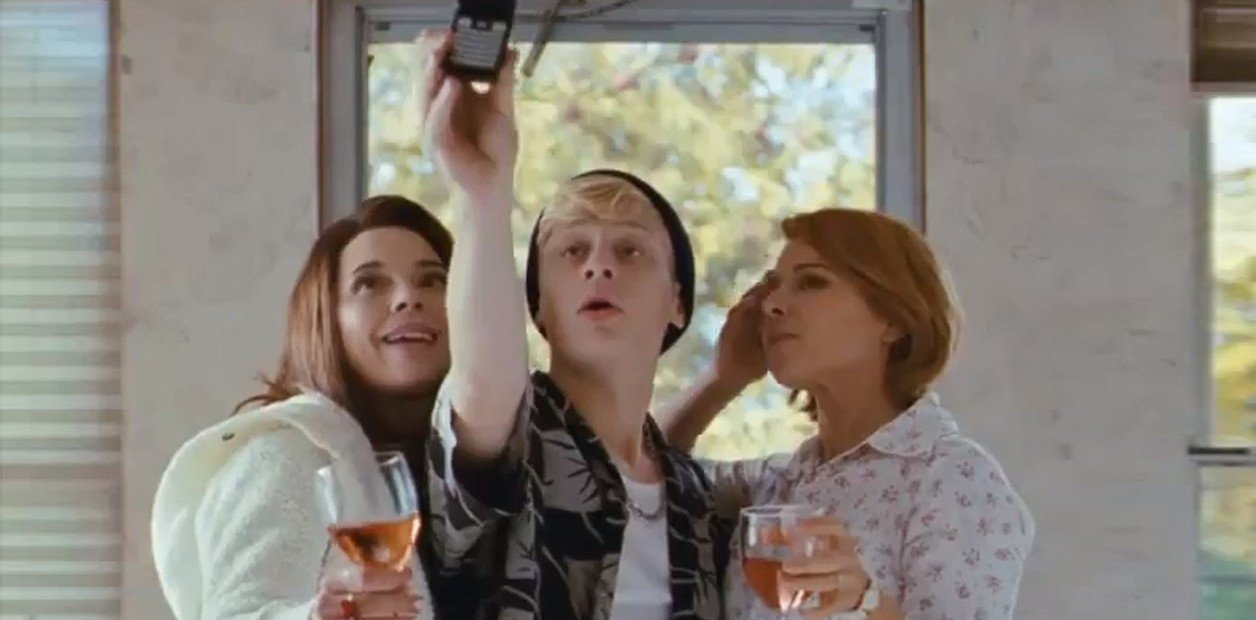
Let´s think of a third alternative. Maybe through this format Dolan is trying to convey something: maybe is trying to detail how limited the character´s alternatives are: how limited and tight their vision of the world is, especially Steve´s, whose violence might come from ingenuity. It´s not surprising then, that once things start to be better, the screen widens. Wonderwall plays. May be a bit syrupy, corny, in fact. Nevertheless, we like it. Is one of those curious decisions that, despite its pretentiousness, are still effective, still honest. After seeing how Steve can be a threat to his entire family, any form of optimism in well received by the audience.
It´s not easy to film violence. There is the prominent risk of beautifying it, and therefore glamorizing it. To empathize with the perpetrator, as a result of a very tricky screenplay, is not that helpful either. In spite of all of this, the filmmaker is not afraid of what he is filming. The proximity with which Dolan approaches to this subject is disturbing but also reconciling. It is disturbing because, when he films violent acts without much solemnity or reject, he may be finding some clarity within the chaos, some beauty alongside the disarray, like a specific aesthetic for the conflict. Is it the filmmaker´s role to repudiate part of what they film? Should it be? Dolan, whose first feature film (I killed my mother; 2009) already dealt with a similar subject, seems fascinated by disturbing relationships between mothers and sons, the dispute between traditional and modern concepts of family, and the chaos that come along adolescence. And he films unafraid. He doesn’t cut the most ominous scenes. He keeps using close ups. He just films what he understands as part of reality. All of this seems reconciling. Someone can recognize this painful subject and, despite the current taboos. Cinema can help.
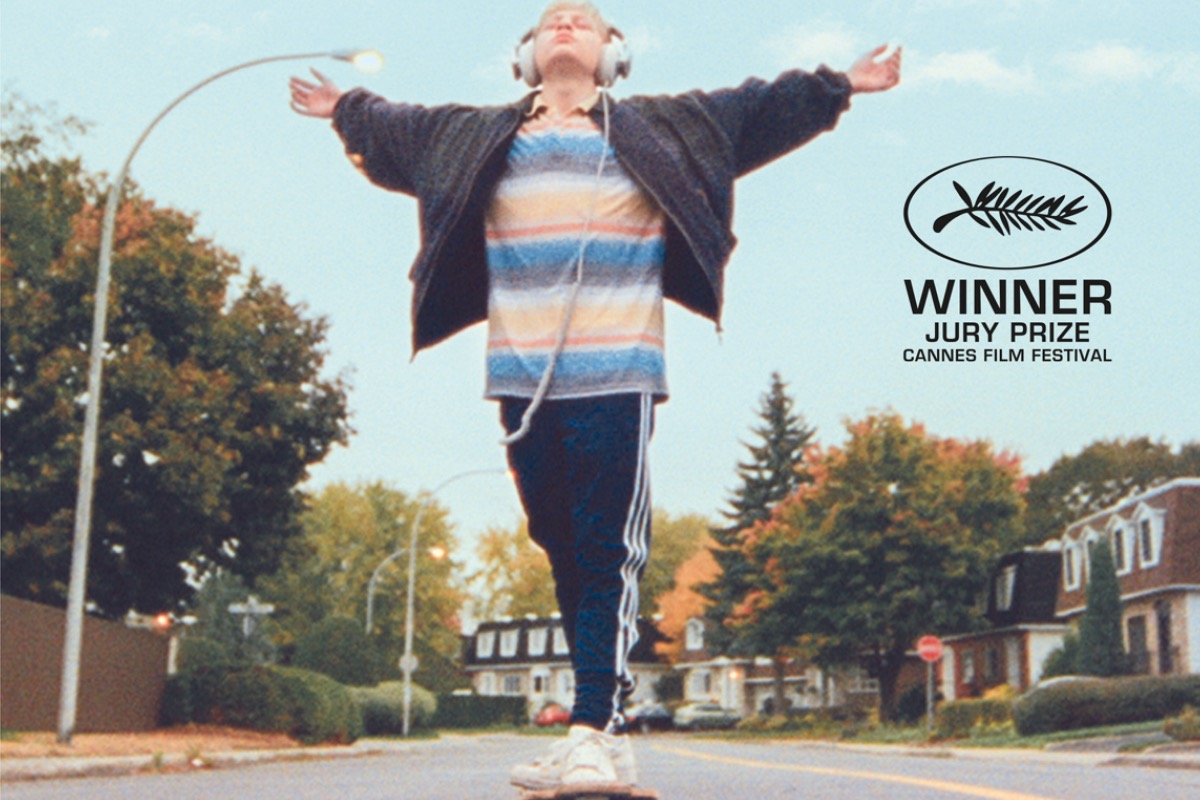
In any case, what constitutes the primary dilemma in this film is the lack of a correct solution. If Die gives her son to the authorities, he will probably spend his days in a psychiatric institution, which means a bleak future for him. If Die sets Steve free, it is very likely that he can create new victims due to his violent behavior and Die could be somehow morally responsible. If Die stays with Steve at home, chaos will still reign in her life. Is Die fully responsible for Steve? Is the State the one to blame, due to its abandonment and negligence? Do any of them are more responsible than Steve himself?
The film, through Steve, is an insightful critique of the role of State and family in nurture. We don’t get easy answers. We get Kyra, an objective viewpoint, which gives the story more credibility and thus more tragedy. This isn’t a hopeful story, and neither should be. When filming violence, there is no need to be patronizing. Of course, Xavier Dolan is not.
